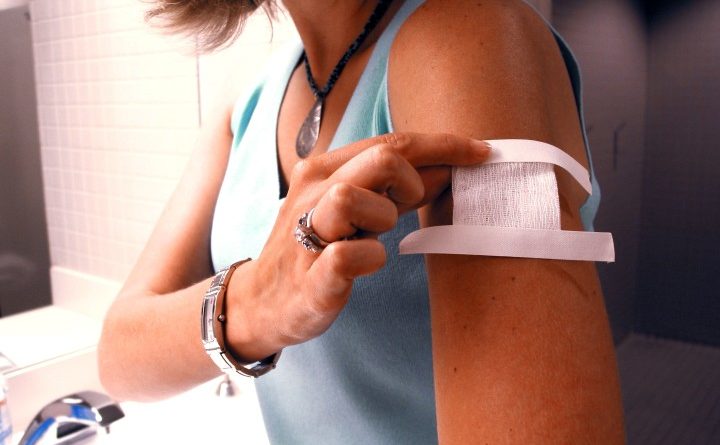At least one Covid vaccination has been given to nine out of ten university students
According to research, nine out of ten university students had received at least one Covid-19 immunization.#
According to an Office for National Statistics (ONS) survey, only 7% of students have not been vaccinated against coronavirus, and the majority (58%) believe they are “very or extremely” unlikely to get the vaccine.
More than half (53 percent) of those who have been vaccinated believe Covid-19 offers a major or significant risk to them, according to a poll conducted among 980 university students in England between September and October.
The findings come after university students throughout the UK recently returned to their campuses for more face-to-face classes and social events.
As part of their blended learning approach, a handful of universities are retaining certain lectures online this semester.
According to ONS data, the majority of pupils (53 percent) say their academic performance has been moderately or significantly impacted since the pandemic began.
In terms of vaccination, 90% of students indicated they had been vaccinated against Covid-19 at least once, with more students reporting two doses (78%) than one (12 percent).
Nearly half of students (49%) stated they always or mostly always keep a two-meter distance from persons outside their residence, and 55 percent said they had taken a Covid-19 test in the previous week.
Since the start of the autumn semester, nearly two-fifths of students (39%) say their university has implemented planned live online classes or lectures “always or most of the time.”
Nicola Dandridge, chief executive of the Office for Students (OfS), said: “It is a serious concern that more than half of students feel their academic performance was negatively affected by the pandemic.
“Given that the overwhelming majority of universities and colleges are now welcoming students back onto campus, and face-to-face teaching is now being resumed, it is to be hoped that students’ assessment of their experience will improve. However, universities and colleges will have to take action to ensure that their students are properly equipped to catch up on the education that they have lost. The OfS can – and will – intervene if quality and standards slip.”
“Many students feel that Covid-19 has seriously impacted their academic performance, despite universities’ best efforts to move to learn online and provide remote mental health support during the pandemic,” said Alexis Brown, director of policy and advocacy at the Higher Education Policy Institute (Hepi).
“With the possibility of more industrial action looming on the horizon, it will be interesting to see how students react to the prospect of yet more disruption to their studies – whether they will stand in solidarity with lecturers or refuse to support them, as the UCL student union has just done.”
A Universities UK (UUK) spokeswoman said: “Students have shown extraordinary resilience but there is no doubt that the pandemic has caused major disruption for them, including limiting their social experiences and affecting their wellbeing.
“Universities have put significant resources into student welfare, above and beyond the additional funding provided by the government, but it should be recognized that student wellbeing is also vulnerable to future disruption should the public health situation change.”
She added: “It’s very positive to see the high rates of vaccination amongst students. These figures mirror survey feedback from across the sector and reflect anecdotal evidence that case rates are low in student populations compared to the population as a whole.
“However, there is no room for complacency and universities will continue to work with public health experts and use their experiences from the past 20 months to ensure campuses are healthy and safe places to live and learn.”




